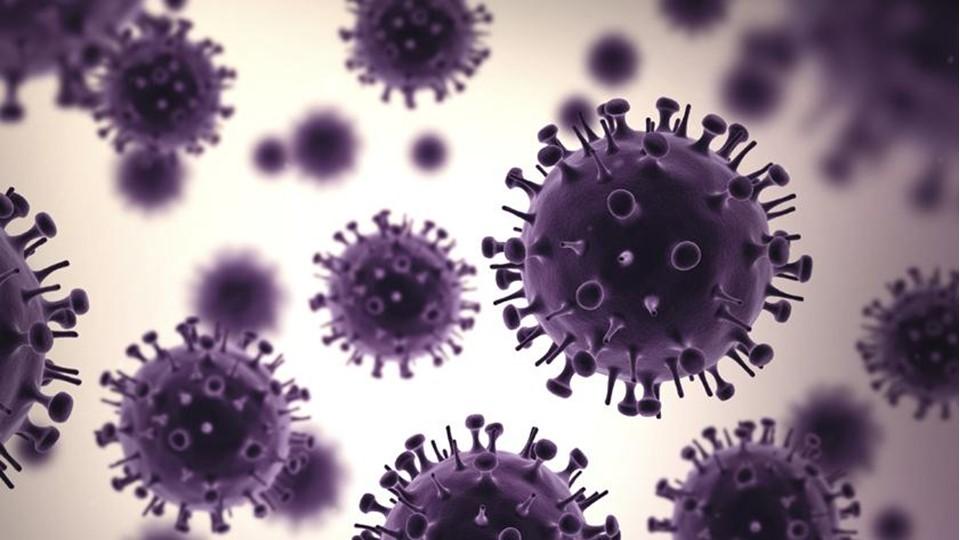UK public urged to take up flu jabs as cases surge

The NHS is dealing with a major rise in influenza cases, with the number of hospitalised patients quadrupling to around 5,000 ahead of the New Year.
That is more than three times higher than last year, but not quite at the same level that was reached in the 2022-2023 flu season, according to the UK Health Security Agency (UKHSA), which has called on the public to take up 'final chance' vaccinations where available for flu, as well as other infections like COVID-19.
The national booking system for flu vaccination closed on 19th December, but eligible patients can still book their vaccination through their GP surgery or local pharmacy where available, according to the agency.
NHS England is concerned about the high number of flu cases, along with a rise in COVID-19, norovirus, and respiratory syncytial virus (RSV), particularly as the weather gets colder, but said it has taken measures to manage the extra demand, including around 1,300 more hospital beds than last year, along with upgraded 24-hour coordination centres and support for frequent users of A&E services.
Dr Lindsay Broadbent, a lecturer in virology at the University of Surrey, said that one reason for the higher-than-usual levels of flu hospitalisation could be that vaccination rates in some groups are lower than this time last year, particularly in healthcare workers and the over 65s.
"The best way to protect yourself from flu is to get vaccinated to reduce the risk of serious disease," she added, noting that, even though there can be a mismatch between the strains targeted by vaccines and those in circulation, getting a shot can protect against developing severe disease needing hospitalisation.
Around 33% of pregnant women, 37% of people in an at-risk group, and 73% of over-65s have had the flu jab, according to UKHSA figures.
However, that still means that fewer than 35% of higher-risk adults of any age have been vaccinated so far, and the uptake rate is lower than is needed (90%) to limit the extent of flu outbreaks, according to Prof Penny Ward, visiting professor in pharmaceutical medicine at King's College London.
"While we have been hearing about flu admissions for quite a while, the influenza epidemic this year started in the second week of December and has not yet reached its peak," she said, noting also that the health service is not using antiviral medicines – which can prevent the spread of infection in settings like hospitals and care homes – as widely as they should.
UKHSA's surveillance also shows that COVID-19 levels decreased over the festive period, with rates of RSV infection also decreasing.
Although COVID-19 is currently circulating at low levels, this could change in the coming winter months, according to the agency. Meanwhile, vaccination against RSV is being offered for the first time to anyone who is 28 or more weeks pregnant, along with people aged 75 to 79 years.












